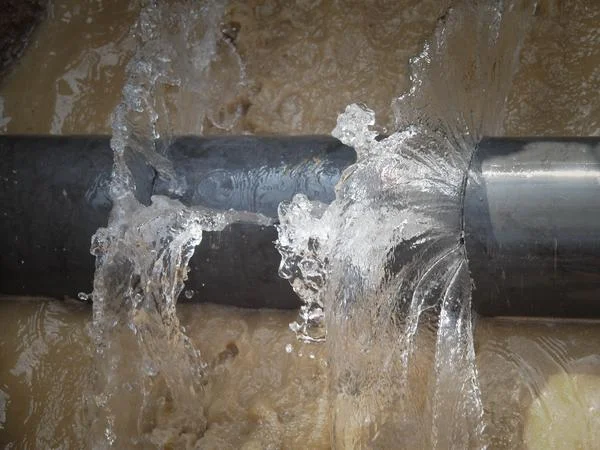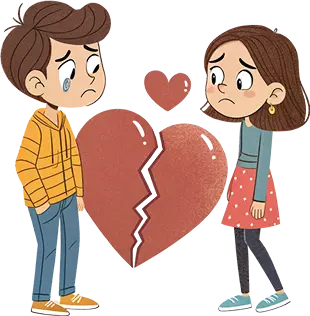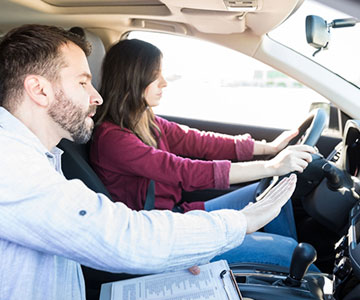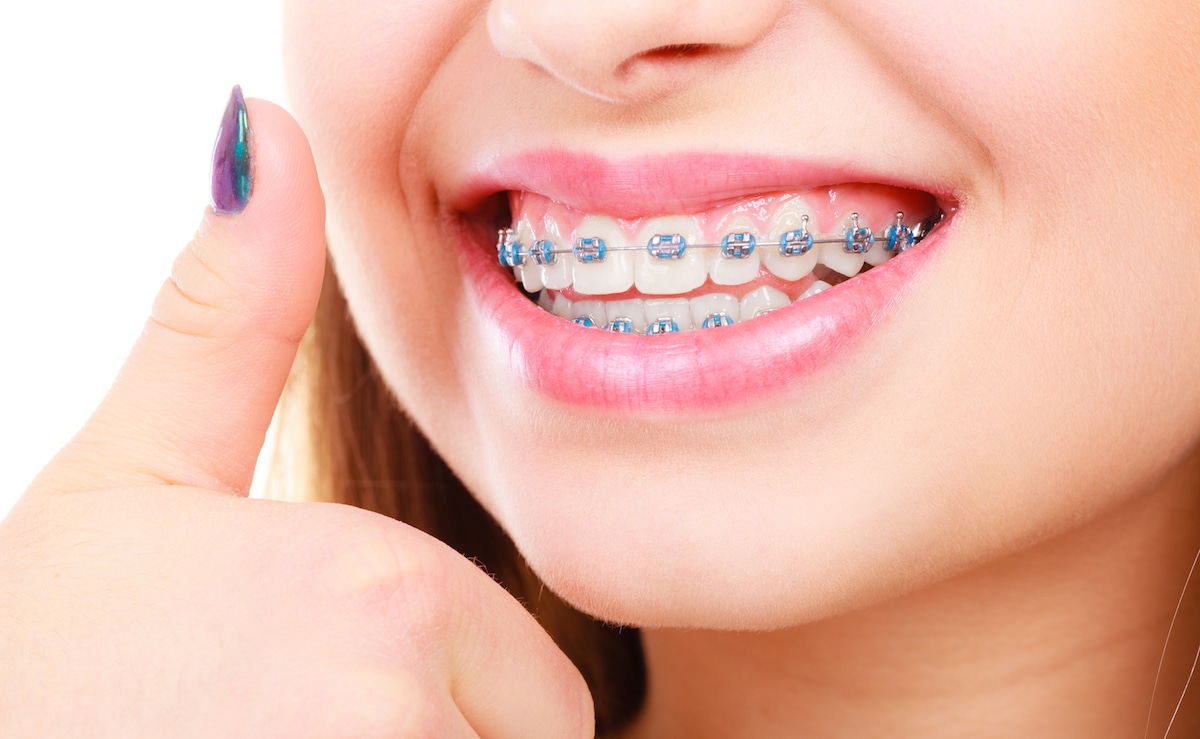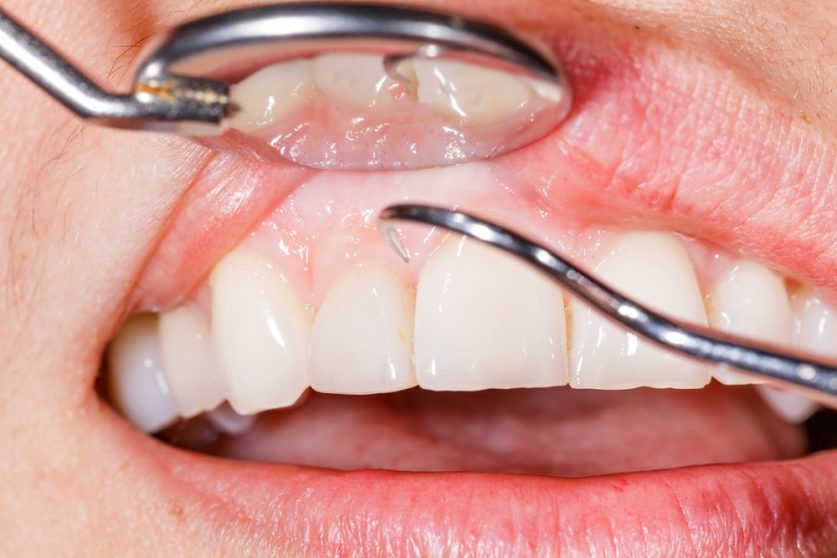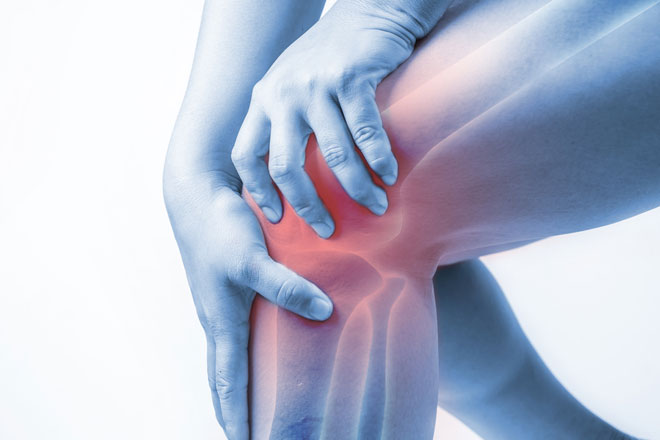How To Recognize the Warning Symptoms of Overheating?
Our bodies may find it challenging to control internal temperatures when subjected to intense heat and sustained physical exertion. Heat exhaustion is a condition that may result from this. Heat exhaustion is a severe risk, particularly in hot climates or during the summer months. By knowing its signs, readers can take the necessary precautions to prevent and manage heat exhaustion.
What Are The Heat Exhaustion Symptoms?
Heat exhaustion results when the body overheats and cannot adequately cool itself. The heat exhaustion symptoms and signs might differ from person to person, but the following are the most typical ones:
Excessive Sweating
Heat exhaustion frequently results in excessive perspiration as the body tries to regulate its temperature. Even in milder weather or with little physical exertion, you may be experiencing heavy sweat, which could indicate heat exhaustion.
Weakness and Fatigue
Heat exhaustion frequently manifests as a feeling of weakness and exhaustion. When you suddenly feel worn out, lack energy, or have weak muscles in hot weather or after physical activity, your body may be under heat stress.
Dizziness and Faintness
Experiencing faintness, lightheadedness, and vertigo are all symptoms of heat exhaustion. These signs of dehydration and the body’s battle to keep the brain’s blood flow and oxygen supply normal lead to these symptoms.
Headache
Heat exhaustion frequently has a chronic headache as a symptom. Dehydration, excessive heat, and physical stress all have the potential to cause mild to severe headaches.
Nausea and Vomiting
Experiencing nausea and, in rare instances, vomiting are side effects of heat exhaustion. The body experiences these symptoms in response to the heat, and dehydration may worsen them.
Luminous, Clammy Skin
Skin texture and appearance alterations are frequently a result of heat fatigue. The skin can turn pale, cold, and clammy. The body diverts blood to critical organs, which causes a reduction in blood flow to the skin’s surface.
Unsteady Heartbeat
Palpitations or a faster heartbeat may indicate heat exhaustion. When the body is overheated, the heart has to work harder to pump blood and distribute oxygen.
Muscle Pain
Muscle cramps or spasms may be brought on by heat exhaustion, especially in the legs and abdomen. Dehydration and electrolyte imbalances brought on by excessive sweating are the causes of these cramps.
Fainting
Heat exhaustion can cause fainting or loss of consciousness in severe circumstances. When the body’s cooling systems malfunction, the interior temperature increases to hazardous levels.
In Conclusion
Understanding the signs of heat exhaustion is essential for taking the proper steps to stop future problems. Take action immediately to cool down and hydrate yourself if you exhibit any signs of heat exhaustion. Move to a calm, shaded area and apply cold compresses to your face and neck. Avoid drinking alcohol and caffeine. It is crucial to get medical assistance if symptoms continue or get worse. Always remember that the best defense against heat exhaustion is prevention, so drink plenty of water or powdered drink mix, stay out of the sun for short periods, and take frequent pauses in cool places, especially during hot weather or vigorous exercise. You can overcome the heat and have a safe summer by being cautious and putting your health first.




